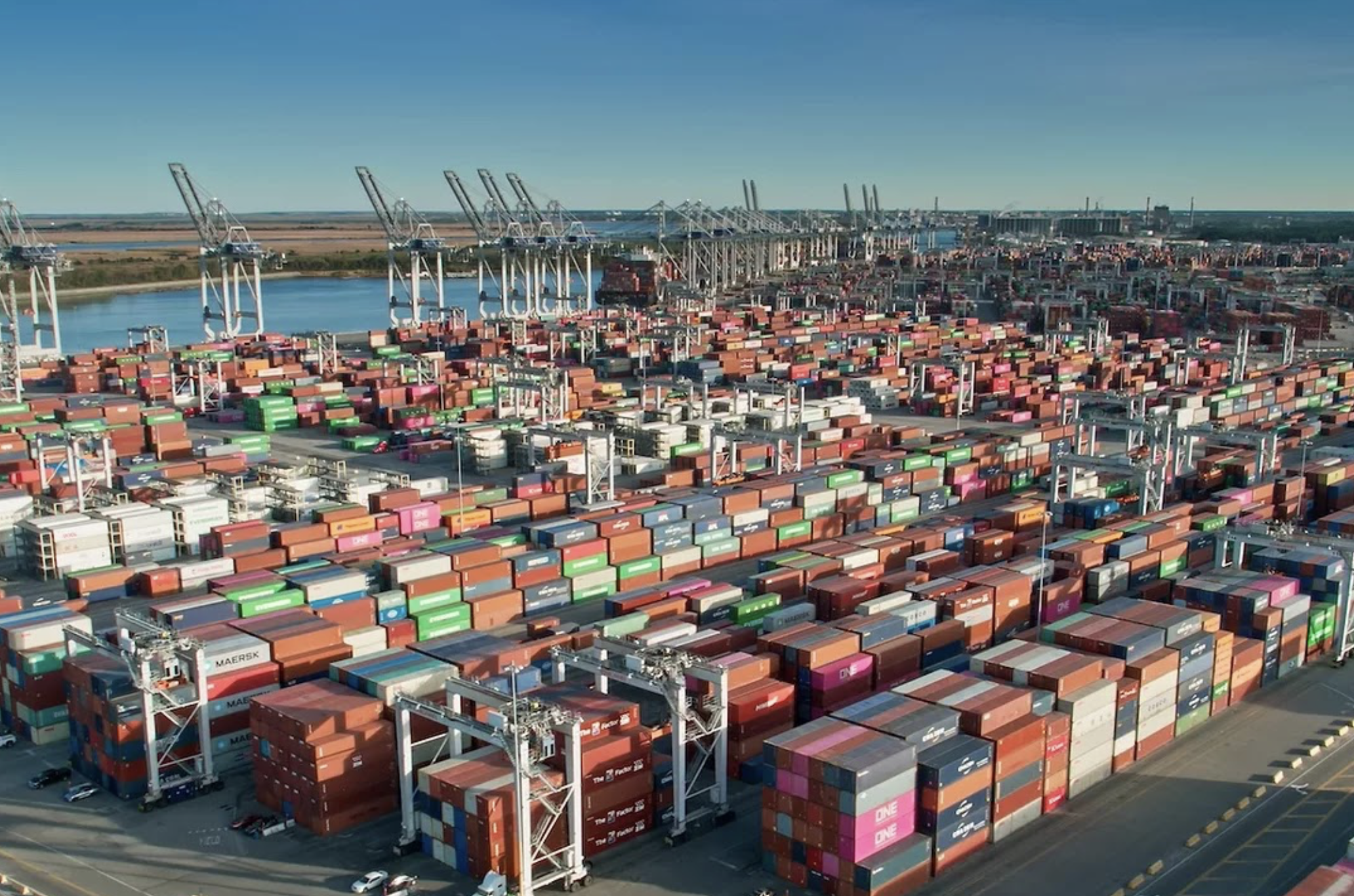China’s Revised Maritime Regulations: A New Era for Global Shipping and a Strategic Opportunity for the UAE
In a move that reverberates across the global shipping industry, China has revised its Regulations on International Maritime Transport. The new rules, which took effect on September 29, 2025, grant Beijing the authority to take countermeasures against countries that impose discriminatory restrictions on Chinese vessels or operators. This development, seen by many as a direct response to the United States’ impending port fees on Chinese-owned ships, marks a new chapter in international maritime relations and presents both challenges and strategic opportunities for the UAE’s thriving shipping and logistics sector.
The revised regulations, signed into decree by Premier Li Qiang, are a clear assertion of China’s determination to protect its maritime interests and ensure a level playing field in the global shipping arena. For the UAE, a key hub in the Belt and Road Initiative (BRI) and a strategic partner to China, these new rules could have a significant impact on trade flows, port operations, and the broader dynamics of the region’s maritime landscape.
Key Provisions of the Revised Maritime Regulations
The most significant change in the revised regulations is the provision that allows China to take countermeasures against discriminatory practices. This provision is a powerful tool that could be used to deter protectionist measures and promote a more open and equitable global shipping environment.
| Provision | Description |
|---|---|
| Countermeasures Against Discriminatory Restrictions | China will take necessary countermeasures against countries or regions that impose or support discriminatory bans, restrictions, or similar measures targeting Chinese operators, vessels, or crew engaged in international maritime transport and related services. |
| Information Submission Requirements | The decree also requires operators of international shipping trading platforms to submit information to the Chinese transport authorities. This will enhance transparency and provide the Chinese government with greater visibility into the global shipping market. |
| Exception for Treaties and Agreements | The regulations state that countermeasures will not be enacted if relevant treaties or agreements offer adequate and effective remedies. This suggests that China is still committed to resolving disputes through dialogue and negotiation, but is prepared to take unilateral action if necessary. |
Implications for the UAE’s Shipping and Logistics Sector
The UAE, with its world-class ports and strategic location at the crossroads of global trade, is well-positioned to navigate the changing dynamics of the international maritime landscape. The new Chinese regulations could have several important implications for the UAE’s shipping and logistics sector.
A Potential Shift in Trade Routes
The prospect of escalating trade tensions between the US and China could lead to a shift in global trade routes. As shippers seek to avoid potential disruptions and additional costs, they may look for alternative routes that bypass the most contentious corridors. The UAE, with its strategic location and excellent port infrastructure, could emerge as a key beneficiary of this shift. The ports of Jebel Ali and Khalifa could see an increase in transshipment traffic as shippers reroute their cargo to avoid the direct impact of any trade disputes.
An Opportunity to Strengthen the UAE-China Partnership
The new regulations could also provide an opportunity for the UAE and China to further strengthen their strategic partnership in the maritime sector. As China seeks to build a more resilient and secure global shipping network, it will be looking for reliable partners who share its commitment to open and fair trade. The UAE, with its long-standing relationship with China and its key role in the BRI, is a natural partner in this endeavor.
The Importance of a Rules-Based Order
While the new regulations give China a powerful tool to counter discriminatory practices, they also underscore the importance of a rules-based international order. The UAE, as a responsible global citizen and a strong advocate for free trade, has a vested interest in ensuring that the global shipping industry is governed by a clear and predictable set of rules. The UAE can play a constructive role in promoting dialogue and cooperation between all stakeholders to ensure that any disputes are resolved in a peaceful and orderly manner.
The Way Forward: A Proactive Approach for the UAE
To capitalize on the opportunities and mitigate the risks associated with the new Chinese maritime regulations, the UAE should take a proactive approach:
- Enhance port infrastructure and services: Continue to invest in upgrading port infrastructure and services to ensure that the UAE’s ports remain the most efficient and competitive in the region.
- Strengthen cooperation with China: Deepen the strategic partnership with China in the maritime sector through joint ventures, technology sharing, and policy coordination.
- Promote a rules-based order: Actively participate in international forums to promote a rules-based international order for the global shipping industry.
- Diversify trade and investment partners: While strengthening the partnership with China, continue to diversify trade and investment partners to reduce reliance on any single country or region.
The revised Chinese maritime regulations are a clear indication that the global shipping industry is entering a new and more complex era. For the UAE, this is a time of both challenge and opportunity. By taking a proactive and strategic approach, the UAE can not only navigate this new landscape successfully but also solidify its position as a leading global maritime hub.
References
[1] Xinhua. (2025, September 29). China revises regulations on international maritime transport. Retrieved from https://english.www.gov.cn/policies/latestreleases/202509/29/content_WS68da7669c6d00ca5f9a0686c.html
[2] North Standard. (2025, October 2). China – Possible Countermeasures to USTR Port Fees. Retrieved from https://north-standard.com/insights-and-resources/resources/news/china-possible-countermeasures-to-ustr-port-fees







